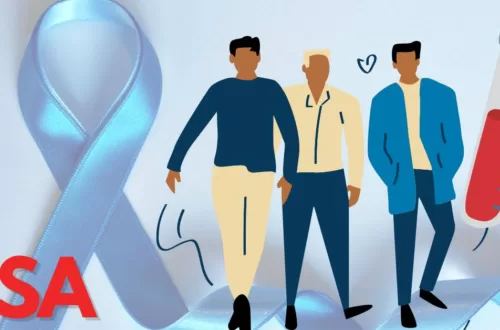
Is GPT-4 bad news for teachers, children, bloggers and writers?
For as long as there has been homework, there have been ways for children to cheat. From paying the brightest kid in the class to do it for you, to copying your older sibling’s work from the year before, every generation finds a new way to skirt the system and take the dog work out of homework.
Today, however, ChatGPT, its successor, GPT-4 and a whole host of other artificial intelligence systems – including Google’s new Bard – have not only changed the landscape for workshy students, but seismically shifted it into an entirely new dimension. Now, at the touch of a button, children can create unique, accurate (mostly) and highly specific content, without the need to know any facts or make any effort for themselves. And teachers are right to be worried.
Testing ChatGPT today for the first time, I was captivated by the technology’s ability to create informative copy, to whatever length I suggested, on whatever topic and in whatever mood; funny, serious, official, academic – whatever I typed in, it spat out more or less exactly what I asked it to.
Impact of AI – bad news for teachers
What hope is there for teachers and schools who now have to contest with AI as well as the horrors of social media and the internet? Traditional week-long homework tasks – write 1,000 words on Ancient Greek culture – can now be completed in seconds, leaving teachers with the unenviable task of working out whether they’re reading the student’s own words or the output of an AI algorythm.
For some, of course, this will be easier than others. Student A, who has historically handed in error-filled, poorly punctuated and inaccurate homework may, for example, find himself facing questions if he hands in 1,000 words of perfectly written, well argued and factually accurate prose, the day after the homework is set.
Student B, meanwhile, who has always previously handed in homework of a high standard, may be more difficult to spot if she chooses to use AI, but is clever enough to edit in a couple of deliberate typos or small factual inaccuracies, in keeping with her past submissions.
So teachers will have to become masters at detecting virtual subterfuge, as well as the myriad of other modern day digital dilemmas, social media and mobile phone-related dramas they have to deal with – all of which pull them even further away from actually teaching.
Speed of GPT-4 development
The scariest thing about AI, however, is perhaps the speed at which it is evolving and GPT-4, we are told, is vastly more powerful than its still only infantile predecessor GPT-3. Amongst other things, it’s also now capable of telling you what meals you can make when you show it a photograph of the contents of your fridge. So before too long, kids will be able to sit back and game while an AI robot does their homework and cooks them an omelette.

But it’s not just teachers who should be worried about the rise of AI. Shortly after its launch announcement, articles and posts started appearing on social media that listed the human jobs that could potentially be made redundant by GPT-4. In short, for anyone who makes a living writing, editing or proofreading, it’s not looking good.
Bad news for bloggers and writers?
If the doom-mongers are right, wordsmiths across the globe will be joining the dole queue and retraining as robot-killing terminators, while AI bots churn out all the articles, marketing copy and blog posts the world needs.
However, I’m not so sure. Although my time testing ChatGPT has been limited, and although there’s no doubt that the results are impressive, I felt that there was one thing missing from all the artificially generated content I asked it to churn out.
Personality.
Even when you asked the system to create a humorous post on a subject, the results felt contrived and lacked the personal touch that comes with being human. Artificial anecdotes, artificial observations, artificial lived experiences and artificial humour are exactly that, they’re not real, and readers will be able to tell the difference.
A good copywriter, journalist, author and, dare I say it, blogger, will understand their audience and write for them accordingly. They’ll craft copy that plays to the nuances of that audience, to its likes and dislikes, its eccentricities and unique qualities, ensuring an empathy with that audience and building trust with it. Could AI ever really replicate this most human of talents? I hope not as that really would be verging on Blade Runner territory.
In the meantime, as we wait to see whether GPT-4 is bad news for teachers, children, bloggers and writers, and whether journalism and marketing become defunct trades, I suggest we keep going as we are. For the sake of my children’s teachers’ sanity though, I’ll be doing everything I possibly can to keep my cheat-hungry little people away from AI.
Read next: Secondary school life: The day the kid puked in class




